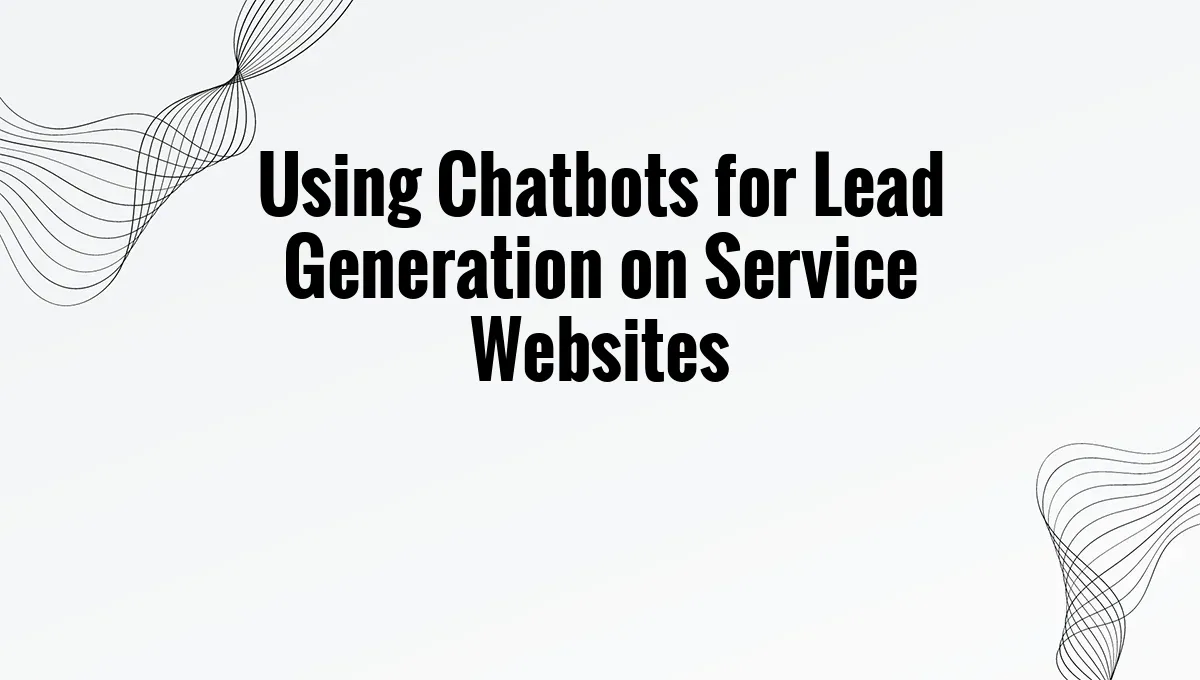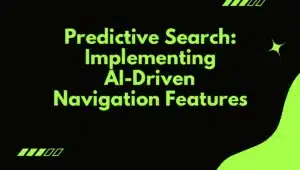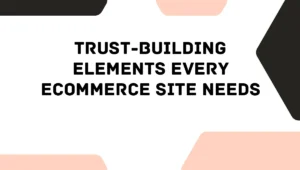Using Chatbots for Lead Generation on Service Websites: A Practical Guide
In today’s fast-paced digital world, capturing leads is not just about form submissions and contact pages anymore. Enter chatbots-the unsung heroes of lead generation. With the right strategy, chatbots can engage visitors around the clock, pre-qualify leads, and significantly boost conversions on your service website. In this post, we at Cham Agency will unravel the potential of chatbots in your digital marketing arsenal and how you can leverage them to grow your brand effectively.
Why Chatbots? The Power of Instant Interaction
As a business owner or marketing professional, how ofen have you experienced the frustration of potential leads slipping away because they didn’t receive immediate answers? According to various studies, 24/7 instant interaction can increase lead conversion rates by as much as 300%. That’s massive!
Think about it: a visitor lands on your website,intrigued by your services,but has questions that need answers. If they have to wait for an email response or a callback, chances are they’ll bounce. On the flip side, a chatbot can engage them right away, addressing queries, offering information, and guiding them down your sales funnel.
Types of Chatbots You Shoudl Consider
- Rule-Based Chatbots: These bots follow predefined rules and scripts.They’re great for answering FAQs, providing information about services, and guiding visitors through basic interaction flows. As a notable example, if a potential customer is curious about your web design packages, a rule-based chatbot can quickly deliver tailored responses or direct them to relevant resources.
- AI-Powered Chatbots: These are more advanced and utilize natural language processing (NLP) to understand user queries more effectively. They can learn from interactions and provide personalized recommendations. If your service website is a bit more complex, investing in AI chatbots might be the game-changer.
Take Action: Implementing Your Chatbot for Lead Generation
Now that we’ve established the why and what, let’s dive into how to leverage chatbots effectively for lead generation.
1.Define Clear Goals
Before you set up a chatbot, define what success looks like. Do you want to increase demo requests, gather email sign-ups, or boost inquiries for service consultations? Setting specific, measurable goals will steer your chatbot strategy in the right direction.
2. Craft an Engaging conversation Flow
Map out the user journey. What questions will potential leads ask? What information do they need before making a decision? Creating an engaging conversation flow is crucial. Use casual, kind language that reflects your brand voice.
Example: If you’re a web design agency, your chatbot might start with something like, “Hi there! 👋 Looking to up your web design game? Tell me what you’re interested in, and I’ll guide you from there!”
3.Incorporate Lead Capture Forms wisely
while chatbots are phenomenal at answering queries, don’t forget to use them as lead capture tools. After the bot has established a rapport, seamlessly integrate a lead capture form into the conversation.
Strategy: For instance, after explaining your web design services, the chatbot could ask, “Would you like to schedule a free consultation to see how we can help you further?” and, if yes, transition to gathering thier contact information.
4. Integrate with Your CRM
To maximize efficiency, make sure your chatbot integrates seamlessly with your Customer Relationship Management (CRM) system. This ensures that every interaction and lead captured through the chatbot is stored in one place,making follow-ups easy and effective.
5. Test and Optimize
Just like any other digital marketing tool, your chatbot needs continuous monitoring and optimization. Use metrics like engagement rates, drop-off points, and conversion analysis to refine your approach. Don’t shy away from A/B testing different conversation flows or responses to see what resonates best.
Real-World Success: A Case Study
Let’s take a look at a real-world example. A local digital marketing agency implemented a chatbot on their service website to assist visitors in selecting the right marketing packages. In just three months, they reported a 40% increase in leads generated through the contact form-a significant uptick directly attributed to the chatbot’s ability to engage users, answer their questions in real time, and ease them into the decision-making process.
Key Takeaways
- Always address user pain points: Identify what your potential clients want and tailor your chatbot’s responses accordingly.
- Be proactive, not reactive: Set your chatbot to engage visitors as soon as they arrive on the site.
- Focus on personalization: The more relevant and personalized your responses are, the more likely you’ll convert a visitor into a lead.
Conclusion: The Future of Lead Generation is Conversational
As we move deeper into a world driven by instant communication, chatbots are no longer a luxury-they are a necessity for service websites looking to thrive. By implementing chatbots effectively,you can not only enhance user experiance but also significantly boost your lead generation efforts.
At Cham Agency, we believe that the right digital tools can supercharge your marketing strategies. If you feel overwhelmed or unsure where to start, let our team help you design a chatbot strategy that aligns perfectly with your brand’s goals. Remember, in the digital landscape, it’s not about adapting to change; it’s about embracing it and leading the way.
Ready to take your lead generation to the next level with chatbots? Let’s chat!





